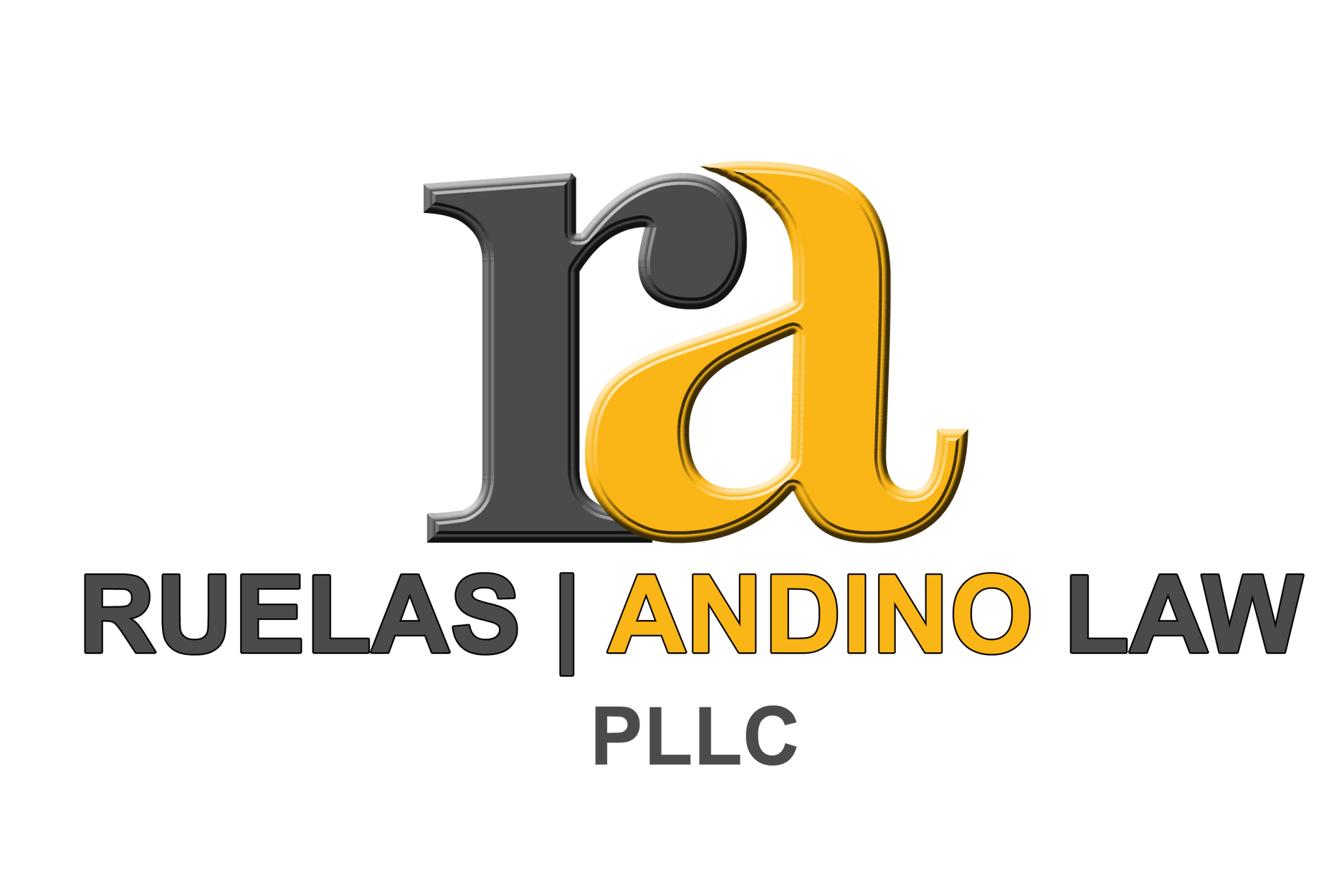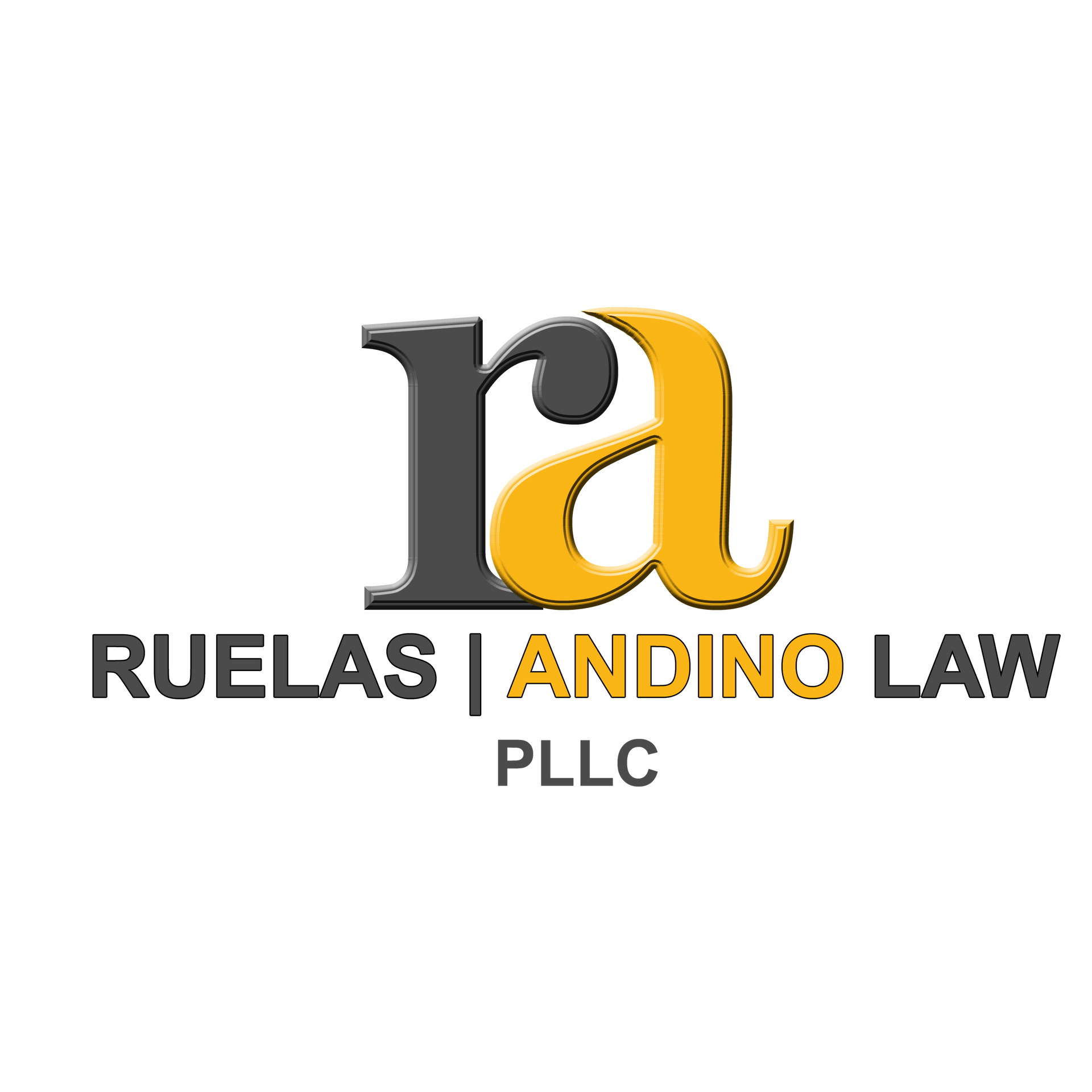Probate is the standard legal process for paying the debts of a deceased person, also known as a decedent, before distributing the remaining assets of the deceased person’s estate. Most estates must go through this process today, and the personal representative has a duty to pay any debts using estate funds. The person responsible for settling the estate must ensure they handle it properly. What should they know when doing so?
Which Estates Must Go Through Probate?
Typically, estates must go through probate in Texas to pay the deceased’s debts and transfer legal title to those persons receiving the estate’s assets. The court oversees the probate process to ensure the representative administers the estate in accordance with the law or a validly executed will admitted to probate. If the deceased person died having a validly executed will, the will should name a personal representative, also called an executor, to manage the deceased person’s estate. If, however, the deceased person did not have a validly executed will, then the court will appoint a personal representative called an administrator to manage the deceased person’s estate. Whether executor or administrator, this individual takes on the responsibility of protecting and distributing the deceased's assets and must also handle any debts and liabilities of the estate.
Opening Probate
The first step in the process is to file to open probate. In Texas, an attorney is generally required to file to open probate. Once the court appoints the personal representative, also known as the executor or administrator of the estate, they will then begin to carry out the administrative duties of this role typically with the assistance of their attorney. With proper
estate planning in Weatherford, Texas, the probate process in Texas can be much simpler for the deceased’s loved ones and cheaper on the estate.
Determine the Estate’s Debts
Even before being appointed as personal representative, it is beneficial for the soon-to-be appointed personal representative to begin collecting documentation on the decedent’s debts. Sometimes this is not possible and one must wait until they are appointed to be able to collect the decedent’s debts. Regardless, before an appointed personal representative of the estate can take action, they need to know what they are dealing with. All outstanding debts will need to be identified and inventoried. A review of the decedent’s financial statements and bills for car or home loans, credit card debt, medical bills, and other financial obligations will aide in determining the estate’s debts.
Notify Creditors of the Deceased’s Passing
Regardless of whether there are known creditors of an estate, the first thing a personal administrator is required to do once they are appointed is publish written notice to creditors in an area newspaper.
For all creditors, Texas recognizes two types of creditors: secured creditors and unsecured creditors. Secured creditors are those creditors whose debt is secured by collateral, such as your home, car, stocks, etc. Unsecured creditors, however, are those creditors whose debt is not secured by any type of collateral. How a creditor is handled in an estate administration depends on which type of creditor they are.
If the debt is secured by collateral, then formal notice must be sent to those creditors within 60 days of the personal representative being appointed. This notice must meet Texas statutory requirements. A personal representative’s attorney should assist with this notice to ensure it is done properly and timely.
However, a personal administrator is not required to provide notice to unsecured creditors, or those creditors whose debt is not secured by collateral. According to section 308.054 of the Texas Statutes, “At any time before an estate administration is closed, a personal representative may give notice by a qualified delivery method to an unsecured creditor who has a claim for money against the estate.” It is always a good idea for the personal representative to speak with their attorney on whether to give notice to unsecured creditors. Proper planning regarding unsecured creditor notices can save the estate money.
The probate process is complex. Debt settlement and asset distribution are only part of the process but may take up a significant amount of the personal representative’s time.
Determine Which Claims Are Valid
Once a claim is sent to the personal representative, it falls on them to determine which claims are valid and how to handle each claim. Because the personal representative owes the estate a fiduciary duty, it is very important for the personal representative to correctly determine whether a claim is valid or invalid and, once determined, take the necessary next steps regarding the claim. The personal representative will want to work with their attorney to ensure they handle all claims properly and avoid breaching their fiduciary duty.
Prioritize and Pay the Debts
State law determines the
order in which debts must be paid. In most cases, the estate will pay administrative expenses and funeral costs first. Once they have been settled, secured debts come next. Unpaid child support obligations must be satisfied before any State taxes, other than tax liens, are paid. Unsecured debt typically is paid last with any funds remaining in the decedent’s estate. When the estate cannot pay all valid debts, it becomes insolvent. The personal representative might be required to sell some assets to cover any remaining debt.
Maintain Detailed Records
The personal representative of the estate has to keep detailed records of all actions they take when settling the estate. These records need to outline how and why funds were paid from the estate. Detailed information about communications with the decedent’s creditors as well as any transactions that were completed on behalf of the estate should appear in the records. If a dispute arises regarding the settling of the estate, these documents can be used to explain the actions of the personal representative. In addition, they help prove the personal representative complied with all legal obligations.
Distribution of Assets
Once all valid debts are satisfied, the personal representative may begin distributing assets to the intended recipients. If a will was probated, this distribution must adhere to the wishes of the deceased as outlined in their will. When the deceased passes with no will, state law dictates how the assets are distributed.
Inheritance and Estate Taxes
Texas does not impose
inheritance or estate taxes, so a personal representative will not need to worry about these when settling debts. The focus remains on creditor claims before asset distribution. Estate planning can ensure the process moves smoothly through the courts. Of course, the estate may have federal tax implications and it is always strongly advised to consult with a CPA.
Talk with an experienced estate planning attorney to begin drafting the documents needed during probate. Don’t leave the task of sorting out the estate to a loved one. They will be grieving and don’t need the additional burden of trying to determine what the decedent desired.
An attorney will ensure the necessary documents are in place and all beneficiaries are named along with the assets they are to be provided. A person can feel comfortable knowing they have done everything possible to ease the burden of loved ones when they pass by having a robust estate plan in place. Start the process of creating this plan today.
Disclaimer:
Ruelas Andino Law, PLLC makes no claims as to the accuracy of the information contained within the external links in this blog article nor does it endorse any of the businesses contained in the links. Information contained in this blog is for informational purposes only and may not be construed as legal advice.



